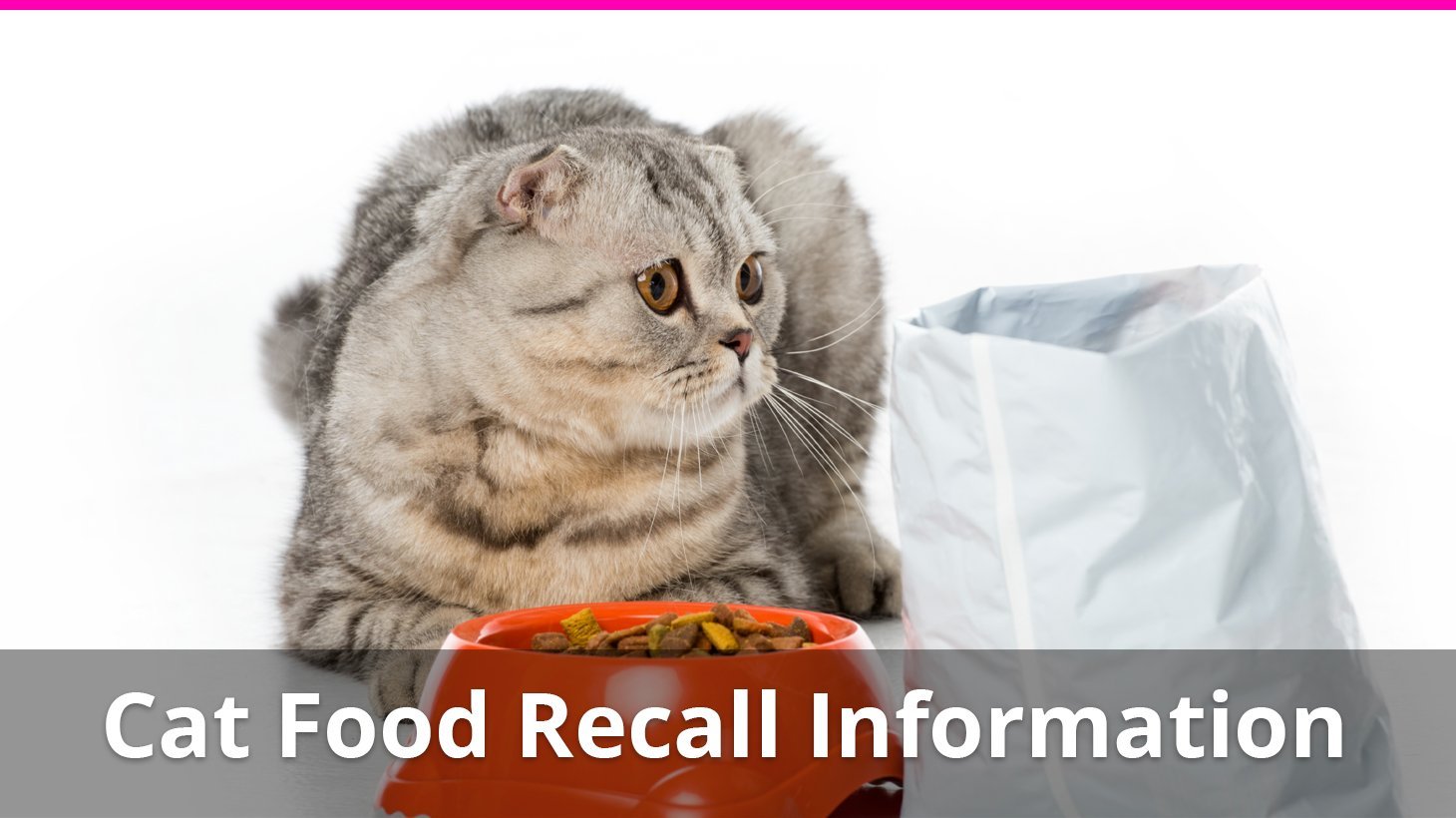Recent Cat Food Recalls

Cat food recalls – In the past year, several cat food brands have issued recalls due to various safety concerns. It is crucial for cat owners to be aware of these recalls to ensure the well-being of their feline companions.
Amidst the recent concerns over cat food recalls, it’s alarming to learn about the alarming surge in stolen goods plaguing San Francisco. As authorities grapple with this issue ( san francisco signs stolen goods ), it serves as a reminder that even the most mundane aspects of our lives can be affected by such unlawful activities.
Returning to the topic of cat food recalls, it’s crucial to stay vigilant and follow the latest updates to ensure the well-being of our feline companions.
The following table provides a chronological list of recent cat food recalls, including the brand name, type of food, date of recall, and reason for recall:
Chronological List of Cat Food Recalls
| Brand | Type | Date of Recall | Reason for Recall |
|---|---|---|---|
| Purina Pro Plan | Dry cat food | March 17, 2023 | Potential presence of Salmonella |
| Fancy Feast | Wet cat food | February 23, 2023 | Elevated levels of vitamin D |
| Iams Proactive Health | Dry cat food | January 19, 2023 | Possible presence of foreign material |
| Blue Buffalo Wilderness | Dry cat food | December 15, 2022 | Potential for mold contamination |
| Friskies | Wet cat food | November 10, 2022 | Inadequate levels of vitamin E |
Common Causes of Cat Food Recalls

Cat food recalls are a serious concern for pet owners, as they can pose a health risk to their beloved feline companions. The most common causes of cat food recalls include:
Contamination
Contamination can occur during any stage of the food production process, from the raw materials to the finished product. Common contaminants include bacteria, such as Salmonella and Listeria, which can cause serious illness in cats. In 2019, a major cat food recall was issued due to Salmonella contamination, affecting several brands and products.
Ingredient Quality Issues
Ingredient quality issues can arise when manufacturers use substandard or unsafe ingredients in their cat food. This can include the use of spoiled or moldy ingredients, as well as ingredients that are not fit for animal consumption. In 2021, a cat food recall was issued due to the presence of aflatoxin, a toxic substance produced by mold, in the food.
Manufacturing Errors
Manufacturing errors can occur during the production process, leading to problems with the food’s safety or quality. These errors can include improper packaging, which can allow bacteria to enter the food, or incorrect labeling, which can lead to cats consuming food that is not appropriate for their dietary needs. In 2020, a cat food recall was issued due to a manufacturing error that resulted in the food containing higher levels of vitamin D than intended.
How to Protect Your Cat from Recalled Food

Ensuring the safety of your feline companion involves vigilance and proactive measures to protect them from potential hazards, including contaminated food. By adhering to these guidelines, you can safeguard your cat’s well-being and provide peace of mind.
Checking for Recalled Cat Food
Before purchasing cat food, it is crucial to verify whether it has been recalled. The United States Food and Drug Administration (FDA) maintains a comprehensive database of recalled pet food products, easily accessible online. Simply enter the brand or product name to determine if it is subject to a recall.
Proper Cat Food Storage
Storing cat food appropriately is paramount to prevent contamination and maintain its freshness. Keep cat food in its original, sealed container to preserve its integrity. Avoid storing food in areas exposed to moisture or extreme temperatures, as these conditions can promote bacterial growth.
Monitoring Your Cat’s Health
After consuming recalled cat food, it is essential to monitor your cat’s health closely. Observe them for any unusual symptoms, such as vomiting, diarrhea, lethargy, or changes in appetite. If any concerning signs arise, seek immediate veterinary attention. Prompt medical intervention can mitigate potential health risks and ensure your cat’s well-being.
Cat food recalls have become increasingly common in recent years, prompting concern among pet owners. As the news spread, it reminded me of another major acquisition in the retail industry: Saks’ acquisition of Neiman Marcus. Both events highlight the dynamic nature of consumer markets, where businesses must adapt to changing consumer preferences and market conditions.
Just as cat food manufacturers must address concerns about product safety, retailers like Saks must navigate the evolving landscape of online shopping and changing consumer tastes.